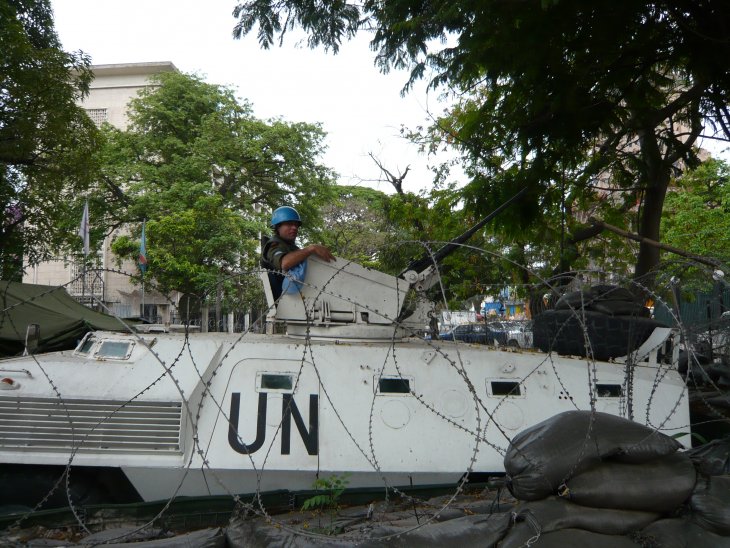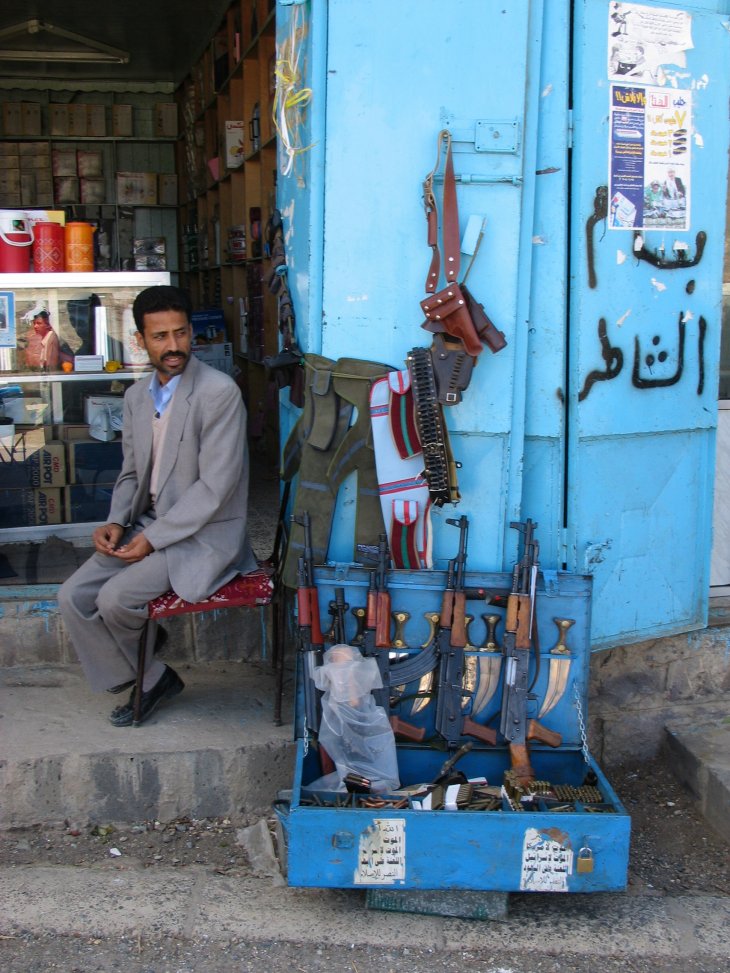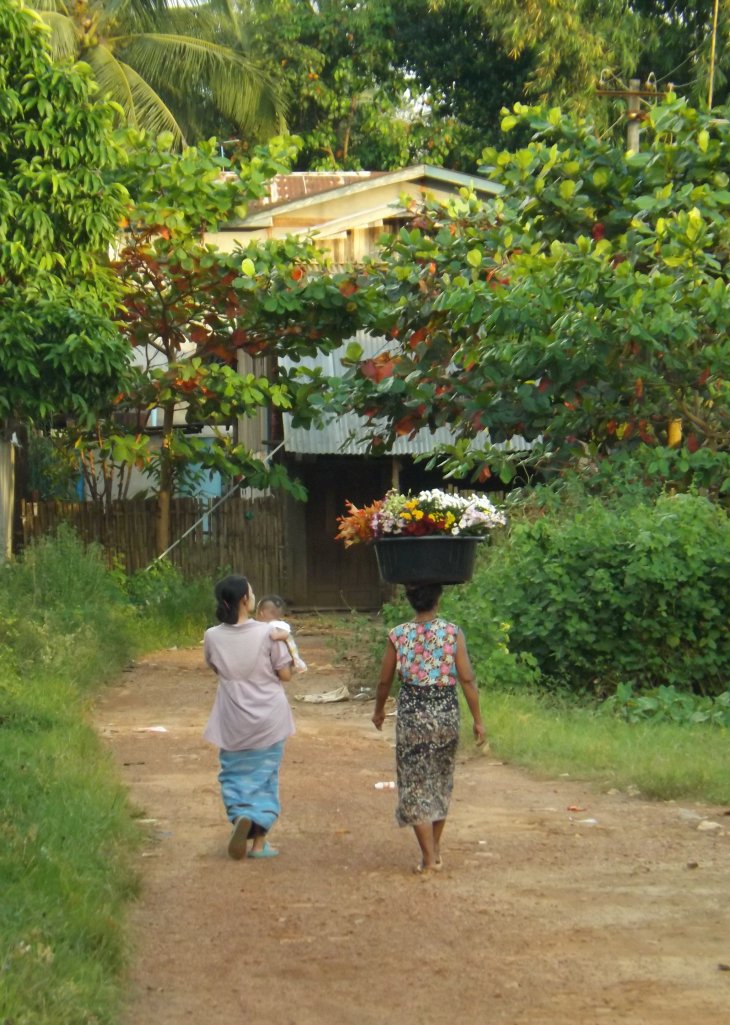On the occasion of the 2018 Nobel Prize in Economic Sciences, which was awarded to William Nordhaus for his work on climate change economics (alongside Paul Romer for his contribution to macroeconomics), we highlight some essential findings of that research and then link them to research on climate change and human security (conflict). From this… Read more »
This Week in South Sudan – Week 49
Tuesday 4 December The Government of South Sudan (GoSS) launched a mobile payment platform to reduce the reliance on cash. The SPLMA-IO accused government forces of instigating violent clashes in Unity. Wednesday 5 December The South Sudan Opposition Alliance (SSOA) suspended the election of Peter Gatdet Yaka as a new leader, reportedly due to the… Read more »
When Will We End Sexual Violence in Conflict?
The 2018 Nobel Peace Prize has been awarded to Denis Mukwege and Nadia Murad in recognition of their work combatting sexual violence as a weapon of war. This acknowledgement should serve as a rallying cry to end sexual violence in conflict — commonly perpetrated by non-state groups, but also states or entities aspiring to statehood.

UN Soldier in the DRC. Photo: Nic Marsh / PRIO.
The Unintended Consequences of Killing Jamal Khashoggi: A Backgrounder on the Yemeni Peace Talks
This week the spotlight is on Sweden and UN Special Envoy Martin Griffiths: On Wednesday representatives of the Yemeni government and Houthi rebels arrived in Stockholm to find solutions to what the UN described as the ‘worst [humanitarian] crisis in the world’.
The Saudi Arabia-led nine-member coalition has been at war with the Yemeni Houthis since March 2015. The coalition’s aim is to restore the rule of the internationally recognized president of Yemen, Abdrabbuh Mansour Hadi and to halt the Iranian support for the Houthis, whose existence and extent has been put under scrutiny. Both the UN’s Human Rights Council and the Human Rights Watch have concluded that both sides could be prosecuted for acts that amount to international crimes. Sexual violence by UAE forces, hostage taking and torture by the Houthis, or a Saudi airstrike that killed 29 children are sad reminders of three years of inaction by the international community.

Small Arms Trader in Yemen, 2004. Photo: Christian Gahre / PRIO.
One man’s death might save thousands
October proved to be a decisive month for the Yemeni Civil War. Not because of any battlefield related developments, but by the killing of Saudi journalist Jamal Khashoggi. The murder, which took place inside the Saudi consulate in Istanbul, has received unprecedented media attention. Saudi Crown Prince Mohammed bin Salman, commonly known as MBS, opened Pandora’s box: Western governments were deeply disturbed by the brutal murder of the journalist and decided to hurt MBS where it’s painful: arms sales.
Achieving Sustainable Peace and the Climate Target of 1.5°C
Presently, the 24th Convention of the Parties (COP) to the UN Framework Convention on Climate Change (UNFCCC) is occurring in Katowice, Poland and the negotiators are pressed to complete the negotiations on the implementation of the Paris Agreement. While fewer world leaders and substantially less fanfare is accompanying this meeting than the 2015 COP in… Read more »
Rethinking security through sound
Security has become an increasingly prominent part of everyday life, impacting us as we travel, interact in community spaces, or consider options for communication. While physical barriers, passports, and technologies such as X-ray machines and metal detectors are commonly accepted as integral parts of the evolving security sector, ambient sound is rarely imagined as salient… Read more »
#HearMeToo: Analyzing Reports to Prevent Conflict-Related Sexual Violence
#HearMeToo is the theme of this year’s 16 days of activism to end violence against women. Responding to this catch-cry, as researchers, there is much we can do to link analysis to a theory of change. Reports of sexual and gender-based violence can deliver protection to victims. But there is also the potential to predict where and when sexual violence in conflict will take place from more in-depth analysis of sexual and gender-based violence reports. Moreover, this knowledge raises the question: if we can predict sexual violence in conflicts by looking at patterns and counts of reported violence, then don’t we also have the moral responsibility to prevent that violence in the first place?
Analysing conflict-related sexual violence reports – even though they may reflect only the ‘tip of the iceberg’ of the violence – gives us the when, where, and who, and the way forward to prevent such violence. What are the early warning signs of sexual violence in armed conflict in conflicts with different levels of intensity? There is a large volume of research on sexual violence in wars, particularly within Sub-Saharan Africa and increasingly the Middle East. But our knowledge is relatively limited when it comes to understanding incidence and reporting conditions in the protracted conflicts that often experience waves of ‘low-level’ violence over many years, coupled with short episodes of intense violence – such as Myanmar.

Women in an ethnic minority state in Myanmar.
This Week in South Sudan – Week 48
Tuesday 27 November In a leadership conference, the National Salvation Front reaffirmed the rejection of the revitalized peace agreement. Government authorities and opposition forces met in Eastern Equatoria and Upper Nile, and decided to cooperate in the implementation of the peace agreement and facilitate free movement. Former SPLM official Dr. Matur Gorjok Gak formed a… Read more »
Secular risk governance? A look into the recent history of the Turkish military
The Turkish political landscape has been volatile for a while now and, especially in the past few years, we have witnessed dramatic transformations of Turkish state structures and institutions. The attempted coup of July 15th 2016 reinforced the significance and ongoing power of the Turkish military regardless of which political interests they are aligned with… Read more »
Stretched Thin: When Fragile States Face Climate Hazards
With its population of more than 190 million, Nigeria’s fate is central to the success of West Africa. Armed opposition groups like Boko Haram have plagued the north of the country for years — spilling over and destabilizing neighboring countries — and violence involving Fulani militias in the Middle Belt reached an all-time high this… Read more »